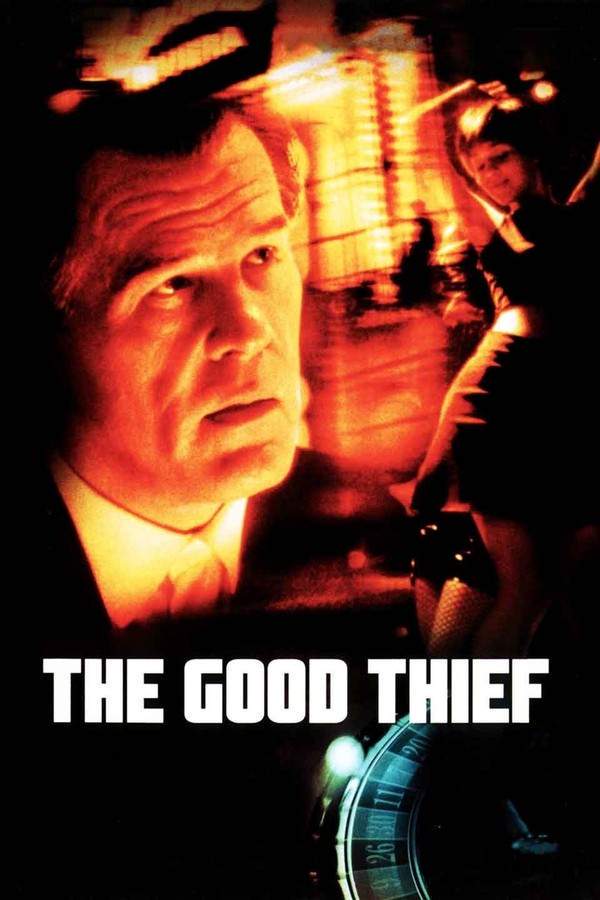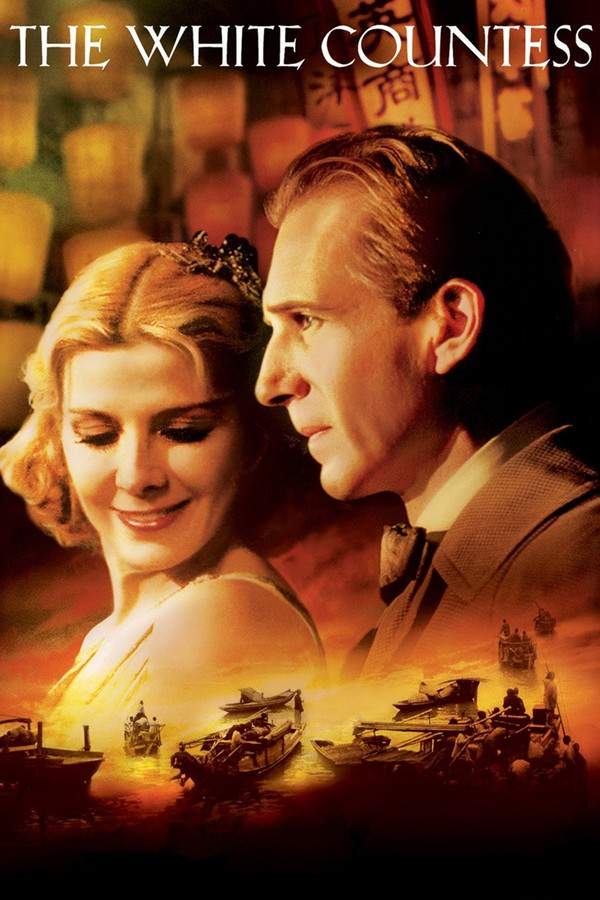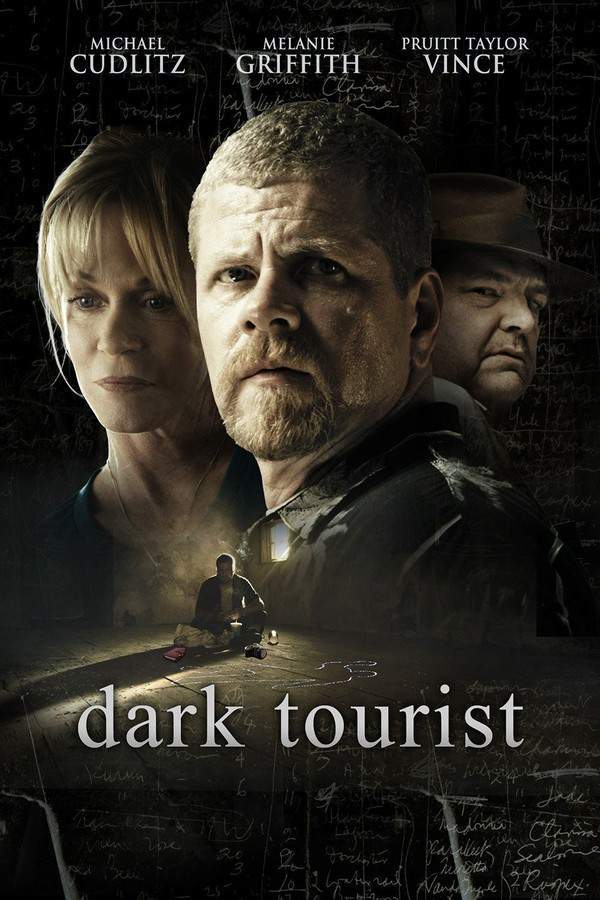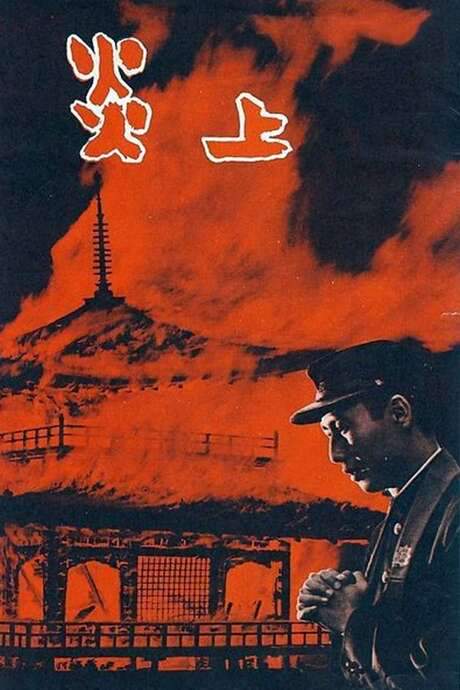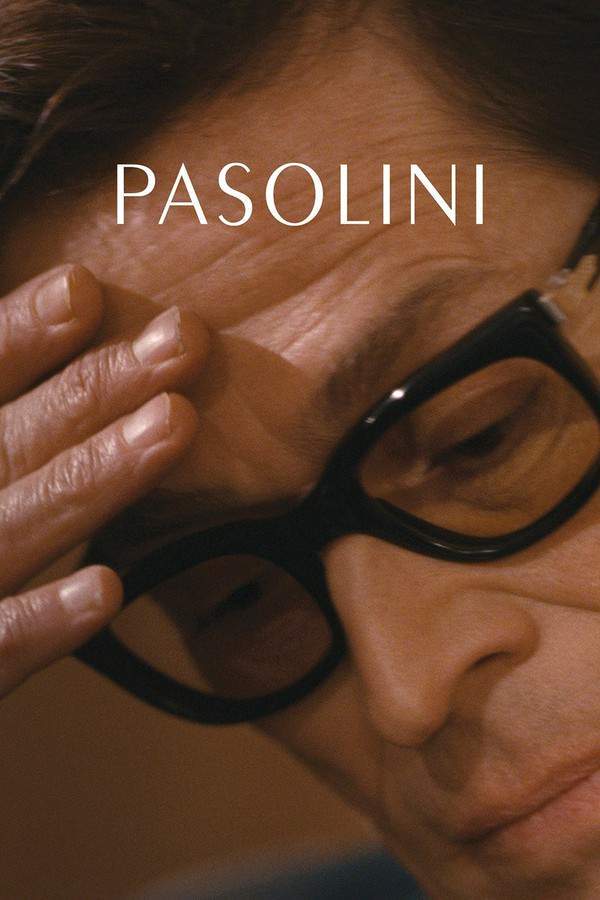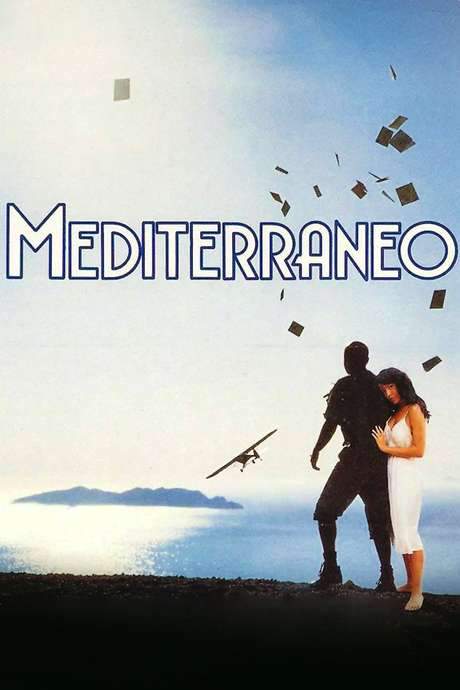
Pascali’s Island
Year: 1988
Runtime: 104 mins
Language: English
Director: James Dearden
At the waning of an empire in 1908, Pascali serves as a spy for the Sultan, dispatching reports to Istanbul that go unread. His routine is disrupted when a British archaeologist arrives, whose true motives are ambiguous, stirring Pascali’s suspicion and intrigue.
Warning: spoilers below!
Haven’t seen Pascali’s Island yet? This summary contains major spoilers. Bookmark the page, watch the movie, and come back for the full breakdown. If you're ready, scroll on and relive the story!
Pascali’s Island (1988) – Full Plot Summary & Ending Explained
Read the complete plot breakdown of Pascali’s Island (1988), including all key story events, major twists, and the ending explained in detail. Discover what really happened—and what it all means.
In 1908, on the windswept Greek island of Nisi, a tense mosaic of power play unfolds under the shadow of a crumbling Ottoman Empire. Turkish officials, Greek rebels, German emissaries, and a host of foreign mercenaries mingle in a delicate balance of influence and suspicion, each determined to keep the upper hand as the island becomes a quiet theater of empire in its final acts. At the center of this murky web is Basil Pascali, Ben Kingsley, a half-British, half-Maltese man who has called the island home for twenty years and who, for two decades, has acted as a local informant for the Sultan. He keeps his own counsel and writes detailed reports that seem to disappear into a void—yet his payments arrive regularly, fueling a life built on the hope that his observations still matter.
The arrival of Anthony Bowles, Charles Dance, a British archaeologist with a purpose that remains opaque, unsettles Pascali’s routine. The two men quickly form a wary alliance in the hotel’s lounge, where Pascali offers his linguistic services and introduces Bowles to Lydia Neumann, Helen Mirren, an Austrian painter who has made the island her home. Lydia’s presence stirs something in Pascali, who admires her from a distance while he quietly tests Bowles’ motives. When Bowles’ curiosity pulls him toward a hidden past on the island, Pascali insinuates himself into Bowles’ hotel room and begins to read the trail Bowles leaves behind.
Bowles hires Pascali as an interpreter to help seal a land-leasing agreement with the island’s Pasha, a man who holds the keys to influence and the edge of danger. The contract is signed, but Pascali senses trouble ahead, warning Bowles that crossing the Pasha could bring serious consequences. The Turkish authorities inform Pascali that he will be held responsible if Bowles cannot deliver the full payment, adding a layer of peril to the already fragile arrangement. As Bowles and Lydia’s relationship develops—evident in private moments and even a naked swim in a secluded cove—Pascali’s own feelings intensify. He is drawn to Lydia and inwardly envious of the confident British archaeologist, a mix of longing and resentment that colors every decision he makes.
When Bowles proposes altering the terms to include excavation rights for a small archaeological find, the Pasha remains cautious. The discovery of a carved head and a gold necklace invites a new round of bargaining, with Bowles asking for a larger sum than before. Pascali, sensing a bitter truth, reveals to Bowles that the head and the necklace were tools to swindle the authorities into paying more. Bowles agrees to Pascali’s demand for a cut of the earnings, a moment that cements a fragile, transactional trust between them.
The plot thickens when Bowles uncovers something truly significant—a pristine bronze statue of a boy from ancient Greek times. Seizing the opportunity, Bowles asks Pascali to help delay the lease’s closing by two days so he can retrieve the statue. Pascali agrees, tempted by the prospect of funds to travel to Constantinople and uncover what happened to the reports that have defined his life. Lydia and Bowles urge Pascali to abandon the island, warning that the empire’s collapse is near, but Pascali’s loyalties are torn between the life he has known and the chance to uncover a larger truth. Yet the dynamic shifts as Pascali, convinced that Bowles intends to swindle him again, betrays him to the Turkish authorities. He guides a night-time party to the excavation site, hoping to secure his own future.
With Bowles and Lydia planning to depart the island—carrying the statue with the help of American allies—Turkish forces unleash a fatal intervention. The three are killed, and Pascali is left to face the consequences of his brittle trust. Returning home, he discovers his payment and a letter from Bowles that attempts to guide him toward a new path. The sting of betrayal bites deep as Pascali realizes that his reports may have been read as nothing more than noise, and that the life he imagined with Lydia and Bowles was built on misread signals. He loved both of them, yet his choices helped seal their fate.
As the Ottoman Empire continues to crumble, Pascali finds himself alone with the evidence of a life squandered by doubt and misplaced loyalties. The island’s shifting political winds leave him with little more than the hope that a distant promise—found in a note and in a payment—might still offer a way out. In the end, Pascali waits, not for recognition or reward, but for the Greeks to come for him, a man who tried to live in the margins of history and discovered that the truth he sought may never arrive in the way he imagined.
Last Updated: October 10, 2025 at 16:04
Explore Movie Threads
Discover curated groups of movies connected by mood, themes, and story style. Browse collections built around emotion, atmosphere, and narrative focus to easily find films that match what you feel like watching right now.
Spy stories in crumbling worlds like Pascali’s Island
Stories of isolated agents navigating the intrigue of a dying empire.If you liked the atmosphere of espionage and decay in Pascali’s Island, explore other movies about spies operating in failing empires or societies. These films share a mood of melancholy suspicion and explore themes of betrayal and cultural tension.
Narrative Summary
The narrative typically follows a lone operative whose reports and actions are questioned or ignored by a distant, decaying authority. Their investigation into a newcomer or a local mystery forces them to confront their own identity and the futility of their mission, often leading to tragic consequences.
Why These Movies?
Movies are grouped here for their shared focus on espionage as a metaphor for personal isolation and political decay. They combine a specific mood of melancholic suspense with the thematic exploration of trust and identity within a dying system.
Slow burn tragic obsession stories like Pascali’s Island
A character's quiet fixation leads them into a web of fatal deceit.Find more movies like Pascali’s Island where a character's lonely existence is shattered by a dangerous fascination. These films feature a slow build of tension, a bleak emotional weight, and narratives where trust leads to catastrophic outcomes.
Narrative Summary
The plot revolves around a static character whose routine is disrupted by an attractive but suspicious outsider. The protagonist's investigation into this figure, driven by a mix of intellectual curiosity and desperate longing for connection, unravels a conspiracy that ultimately destroys them and those around them.
Why These Movies?
These films share a core narrative pattern of a doomed fascination, matched by a specific atmospheric vibe. They are united by a slow pace, heavy emotional weight, a bleak ending, and a focus on the psychological unraveling of a central character.
Unlock the Full Story of Pascali’s Island
Don't stop at just watching — explore Pascali’s Island in full detail. From the complete plot summary and scene-by-scene timeline to character breakdowns, thematic analysis, and a deep dive into the ending — every page helps you truly understand what Pascali’s Island is all about. Plus, discover what's next after the movie.
Pascali’s Island Timeline
Track the full timeline of Pascali’s Island with every major event arranged chronologically. Perfect for decoding non-linear storytelling, flashbacks, or parallel narratives with a clear scene-by-scene breakdown.

Characters, Settings & Themes in Pascali’s Island
Discover the characters, locations, and core themes that shape Pascali’s Island. Get insights into symbolic elements, setting significance, and deeper narrative meaning — ideal for thematic analysis and movie breakdowns.

Pascali’s Island Spoiler-Free Summary
Get a quick, spoiler-free overview of Pascali’s Island that covers the main plot points and key details without revealing any major twists or spoilers. Perfect for those who want to know what to expect before diving in.

More About Pascali’s Island
Visit What's After the Movie to explore more about Pascali’s Island: box office results, cast and crew info, production details, post-credit scenes, and external links — all in one place for movie fans and researchers.

Similar Movies to Pascali’s Island
Discover movies like Pascali’s Island that share similar genres, themes, and storytelling elements. Whether you’re drawn to the atmosphere, character arcs, or plot structure, these curated recommendations will help you explore more films you’ll love.
Explore More About Movie Pascali’s Island
Pascali’s Island (1988) Scene-by-Scene Movie Timeline
Pascali’s Island (1988) Movie Characters, Themes & Settings
Pascali’s Island (1988) Spoiler-Free Summary & Key Flow
Movies Like Pascali’s Island – Similar Titles You’ll Enjoy
Pasolini (2019) Story Summary & Characters
A Bigger Splash (2016) Spoiler-Packed Plot Recap
Grazia's Island (2003) Spoiler-Packed Plot Recap
The Pier Man (2019) Ending Explained & Film Insights
Mediterraneo (1991) Film Overview & Timeline
The Girl from Trieste (1982) Detailed Story Recap
Bordello (1985) Full Summary & Key Details
Promise of Pisa (2019) Ending Explained & Film Insights
The Pussycat Syndrome (1983) Film Overview & Timeline
A Pure Place (2021) Film Overview & Timeline
Private Collections (1979) Full Summary & Key Details
The Lustful Turk (1968) Ending Explained & Film Insights
Arabian Nights (1974) Detailed Story Recap
Istanbul Beneath My Wings (1996) Full Summary & Key Details
The Decameron (1971) Story Summary & Characters


